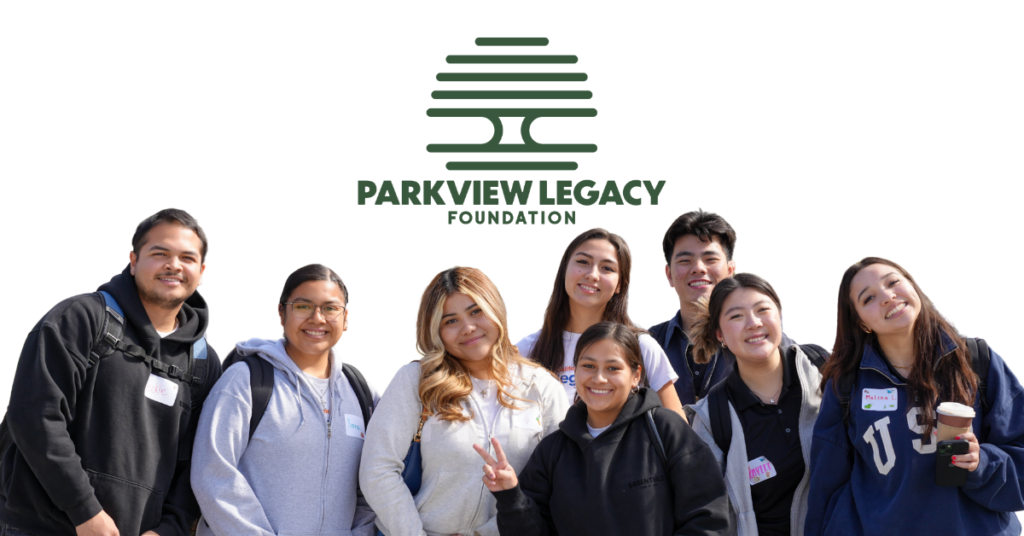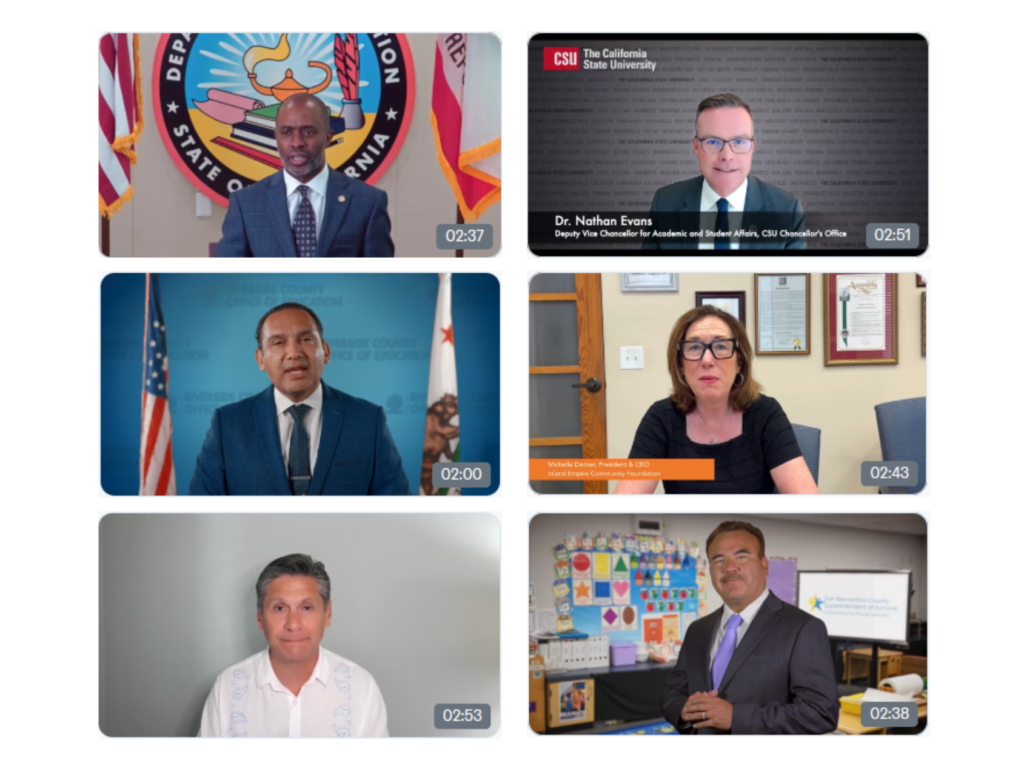Two student groups in the Graduate School of Education at the University of California, Riverside, share stories about pursuing graduate education goals amid the global pandemic. They discuss challenges faced by students, including the transformation of daily routines, difficulties navigating remote learning, and escalating mental health struggles. These student reflections and recommended solutions may comfort peers as well as enlighten educational institutions about struggles students are encountering during this unprecedented historical moment. Links to both of the student papers as well as a Summary of Recommendations are found below.
“COVID-19 Reflection”
By: Rosario Olmos, Sue-Jin Lee, Sadie Chaffee, and Esperanza Talamantes
“The Effects of COVID-19 on College Students”
By: Joselyn Alvarez, Tanya Martinez, Andrew Saldana, Alyssa Vidal, and Heung Ying Wong
Summary of Recommendations
To overcome difficulties resulting from transforming daily routines, students suggested virtual workshops about improving time management and creating better at-home workspaces.
To address challenges stemming from remote learning, students recommended professors give students a greater variety of learning options. For example, students suggested professors could record and upload lectures to learning management systems, allowing them to engage with the course material based on their individual learning style and daily routines. Further, students reported that professors choose whether to grade students traditionally or implement pass/no-pass grading. They suggested that a uniform grading structure would be a more structured student outcome expectation of distance-learning.
Students also suggested that many could benefit from earlier access to online learning preparation modules. These modules could help some students overcome the challenge of adapting to the various learning-management and video communications systems used by universities. As a result, more students would feel better prepared and less stressed about remote-learning.
A final student recommendation to support remote learning is for faculty to increase the use of “soft” or open-ended assignment deadlines and offer additional opportunities for make-up work and extra credit. For example, if a student were to miss a class or an assignment deadline, they could have an extension, take on new assignments, or gain points through optional assignments. Increased flexibility in course curriculum could reduce academic stress while supporting their learning.
Lastly, students emphasized the importance of addressing mental health struggles. They suggested that universities or educational nonprofits should sponsor or increase access to mental health support systems during the pandemic. Enhanced mental health care would alleviate student stress and, since stress is a significant inhibitor of academic motivation, investments in mental health would also support academic success.

UPCOMING EVENTS
RECENT NEWS
- New Resource on AI Adoption in Postsecondary Education
- GIA’s 2025 Annual Report Now Available
- Highlights from ANT Activate 2026
- Parkview Legacy Foundation Grant Expands College Corps Career Support in Inland Empire
- 10 Years of Collective Action: Reflections from Our Partners




